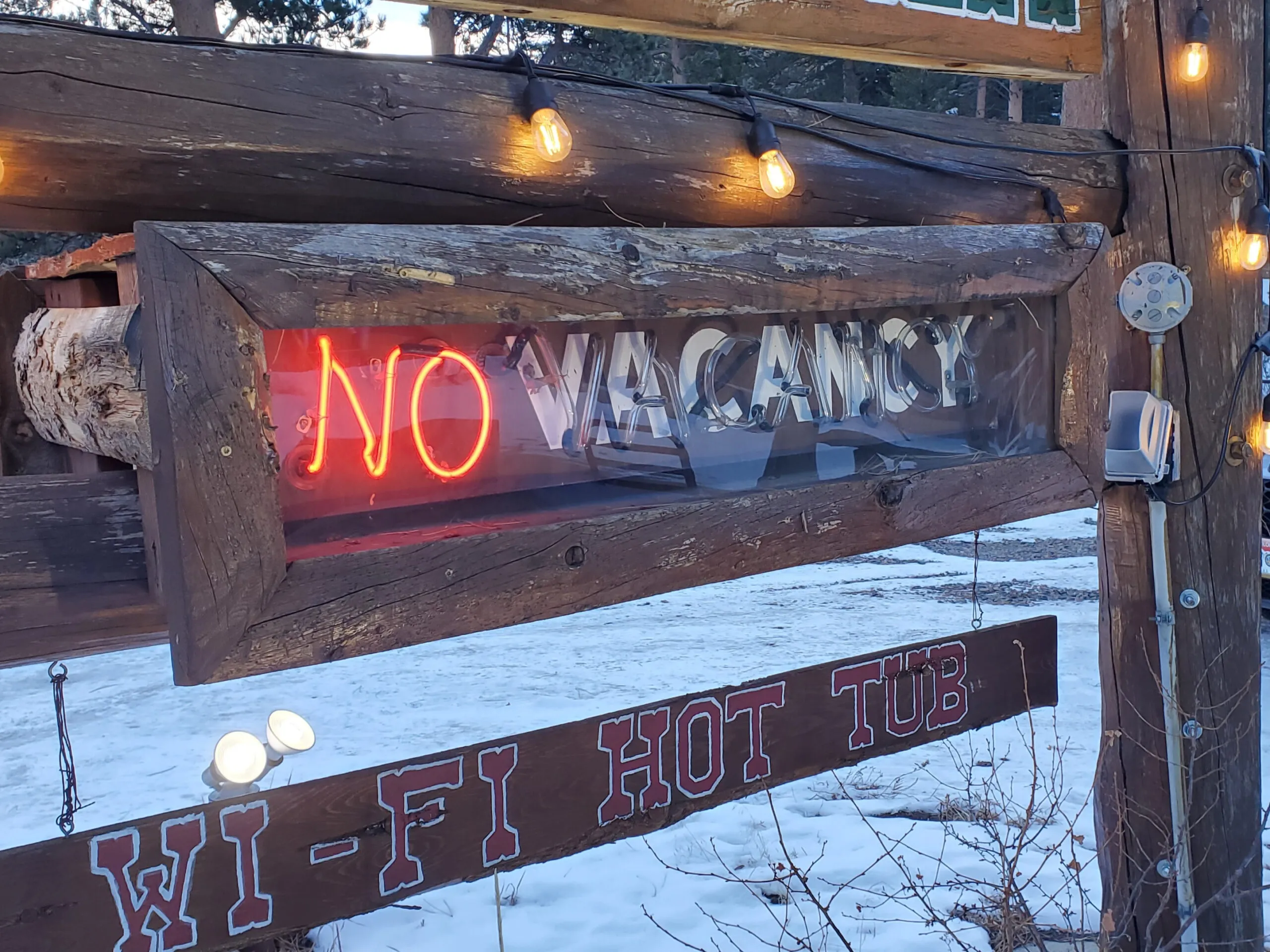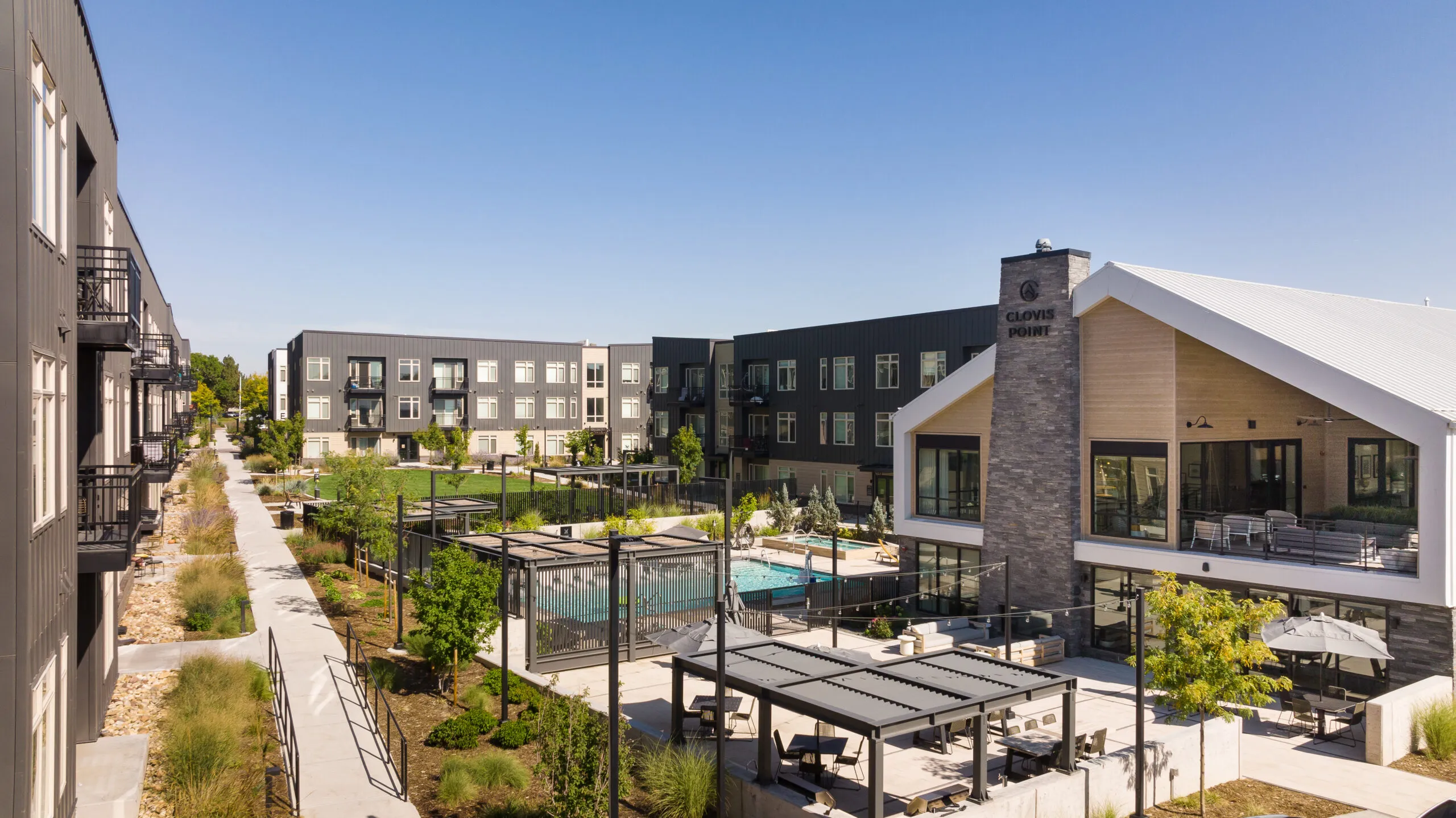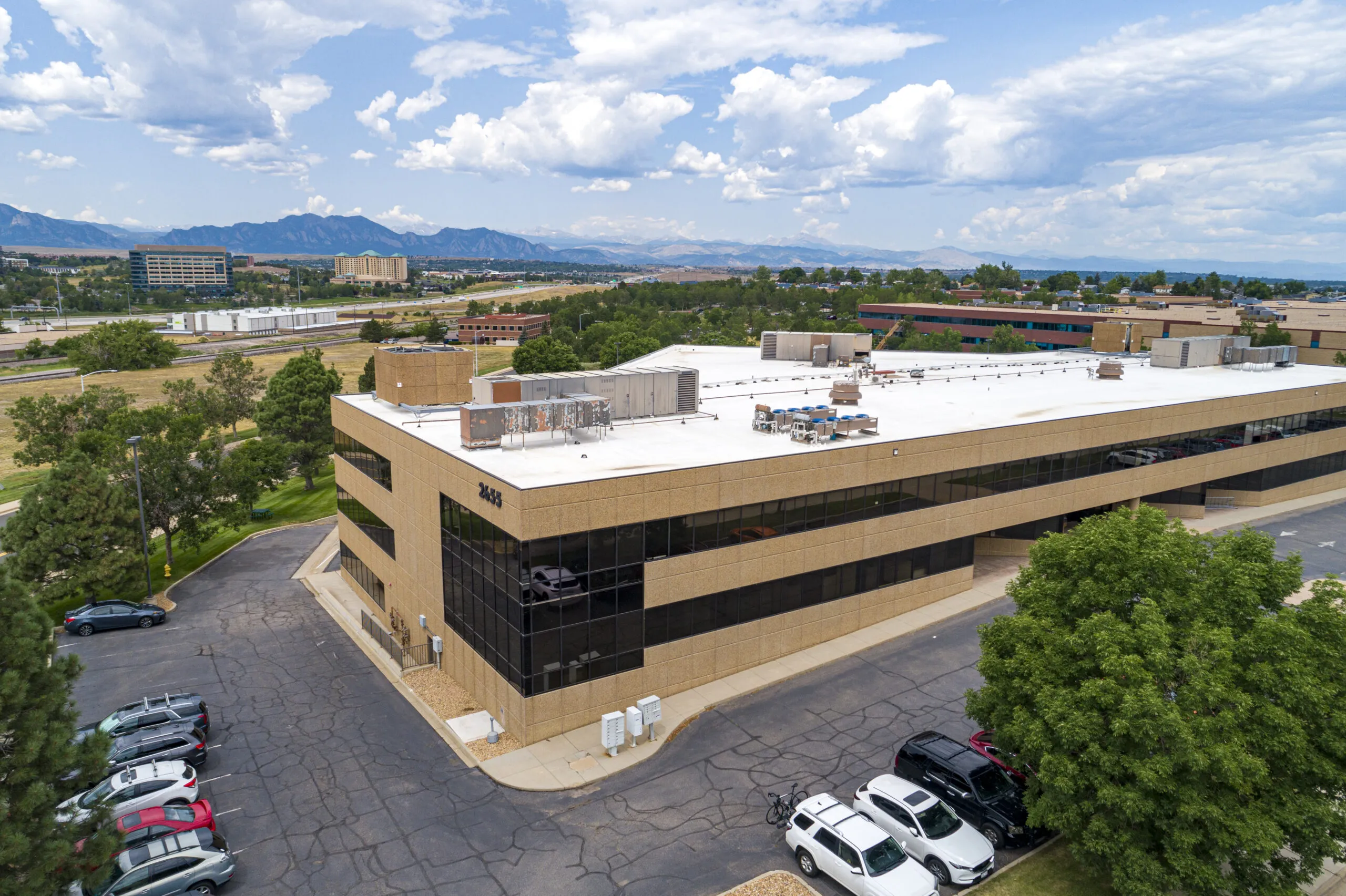Loveland mayor to propose rescinding Centerra South pacts
Developer threatens legal action if resolutions are approved

LOVELAND – Reacting to Loveland voters’ resounding decision in the Nov. 7 municipal election that reined in the city’s urban-renewal authority, Mayor Jacki Marsh on Tuesday will move to rescind the City Council’s May 2 resolution that approved the Centerra South Urban Renewal Plan as well as the May 16 resolution that established a master finance plan and intergovernmental agreement with the developers.
In a response late Monday, an attorney for the Centerra South developers threatened legal action if the resolutions are approved.
Ballot issue 301, passed by 70% of Loveland voters, amended the city charter to require any development projects…
THIS ARTICLE IS FOR SUBSCRIBERS ONLY
Continue reading for less than $3 per week!
Get a month of award-winning local business news, trends and insights
Access award-winning content today!





